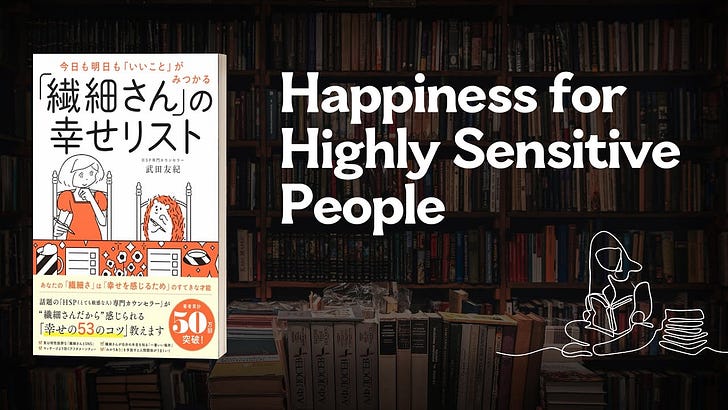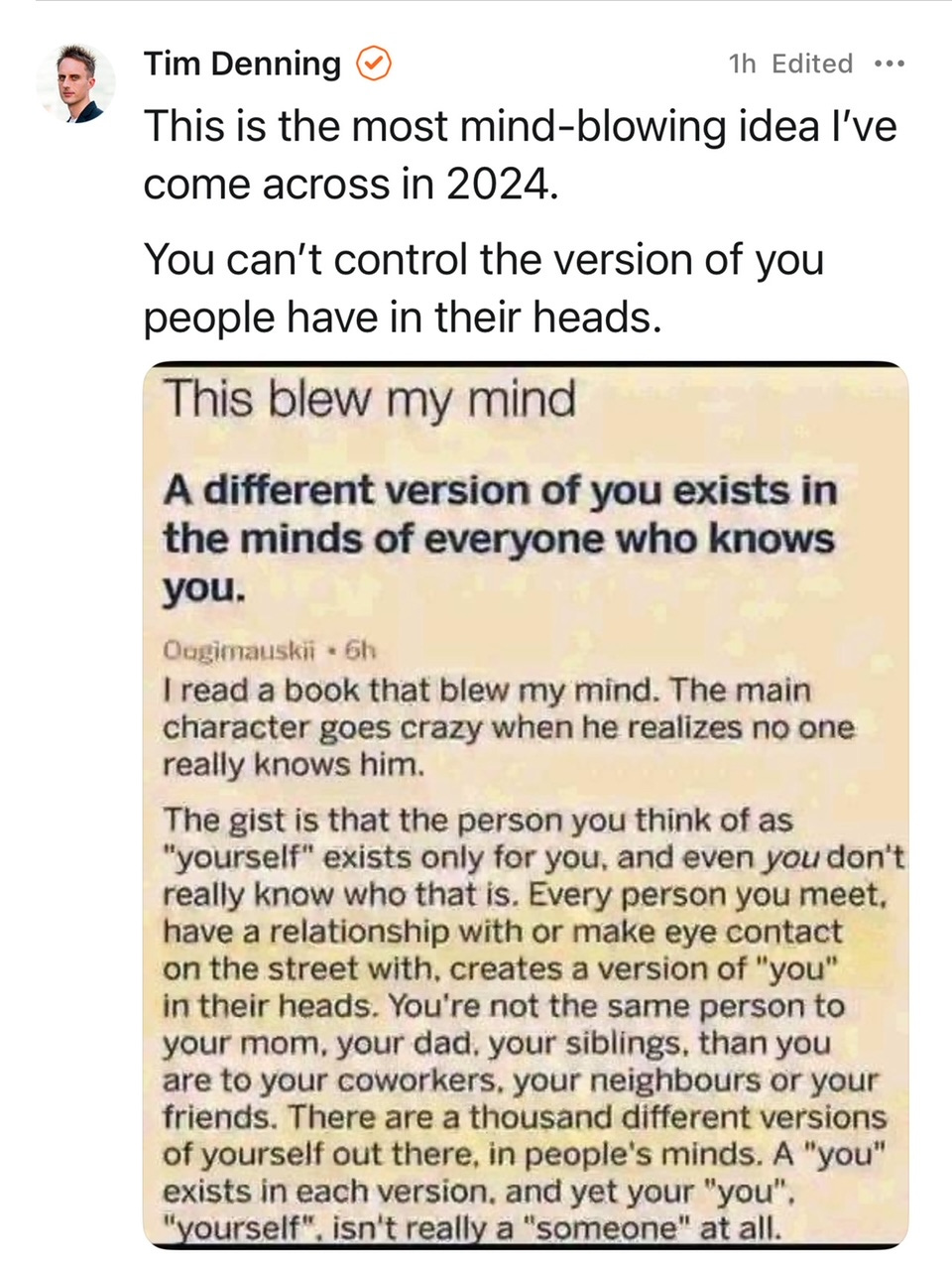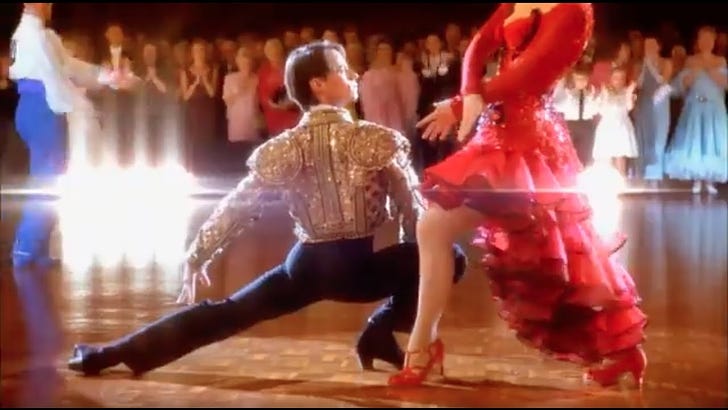In an earlier blog I wrote about my reluctance to being seen as ‘gifted’. It’s a word that’s loaded in our society. It smacks of superiority, and it comes with all sorts of accumulated baggage, including centuries of oppression and stereotypes for women.
Who wants to find themselves amid that mess?
But to be honest, my anxiety about being seen as gifted wasn’t the crux of the matter. I was struggling with being seen. Full stop.
When you’re seen, you can be judged by others.
And others can find you not good enough…
Deeply flawed…
Or bad… as in a rotten apple.
Or a reject… which hurts a lot.
I’ve endeavoured to hide the fact that I’m a sensitive soul – emotionally and physically – because it was highly criticised growing up. It’s felt overwhelmingly vulnerable simply to be alive on the planet and this has caused stress and anxiety. It’s no wonder that I’ve mastered the art of invisibility.
It’s served me well. It’s kept me safe.
I’ve liked my mask, my screen, my chameleon flexibility. I’ve liked my privacy. I’ve liked being free of the constraints others tried to impose upon me or project onto me. So, what’s the problem?
Well, it might not be a problem per se, but when it comes to stepping out of the closet and being seen, it’s not uncommon to feel reticent or scared to bits. At the same time, living in a closet is confining for all its comfort and safety. At some stage the call to live more fully becomes urgent. Here’s where it gets challenging.
It’s worth recognising that there are needs associated with sensitivity. Those ‘special’ needs, for a plethora of reasons, may have gone unmet since childhood. And while I’ve done my best as an adult to meet my own needs, it’s what creativity coach, Lotte van Lith, aptly describes as a ‘recurring practice’. She writes, ‘self-care is learning to accept sensitivity as an embodied foundation... to learn to live with it truthfully and gently… sensitivity is present everywhere, extremely intimate and unimaginably far away. I am always and always with this sensitivity.’
Lotte describes sensitivity as an ‘immense openness, a comprehensive connection, that can intertwine the most innermost I can imagine with everything that seems extremely far away, even unlikely.’
Astute readers will recognise that what I’ve written above about ‘sensitivity’ could just as easily be about ‘giftedness’. I posit that I’m writing about the same thing, not to say that all gifted folk are Highly Sensitive Persons (HSPs), but many HSPs may be gifted. This suggestion is nothing new in HSP and gifted circles.
This wonderful YouTube video about Highly Sensitive People offers a satisfying description of what it means to be sensitive and how happiness can be garnered. If you’re looking for ways to manage stress or overwhelm or need support for your sensitive system, then I recommend you take the time to watch this clip:
So now that you know some context, here’s how I’ve endeavoured to rewire my thinking about being seen. Especially being seen as a sensitive, gifted adult. I’m sharing this with you in case you’re also grappling with being seen.
Why it’s okay to be seen:
1. 99.9% of people don’t give a fig about who you are or what you do. As long as you live and let others live while wearing clothes in public spaces, nobody cares if you’re roomies with chimpanzees in Zimbabwe or making some whopping blooper at a party that may involve too much alcohol or roaming the streets at sunrise catching worms. Truly. Nobody cares about your eccentricities, and this is liberating news.
2. Plus, it’s highly likely that you’re going to die so why sweat the small stuff? Given our insignificance, isn’t most of it small stuff? When something embarrassing or bad or regrettable happens I ask myself, is this going to matter next week, next month, next year? Will I even remember it tomorrow? The answer is usually ‘no’. Cultivating a short memory has big benefits.
3. Then it’s also worth remembering that there’s something more endearing about an imperfect person than a perfect person. It’s a bit like travel… what stories are you more likely to relate to friends after a holiday? What stories are more likely to engage your friends? It won’t be the Insta worthy moments – they’re a total bore. What’s going to be riveting is that time you left your medication in your friend’s fridge and it’s only when you’re about to board a plane to leave the country that you realise you’ve left them behind… and without those medications you’ll not live long enough to enjoy the rest of your travels. What follows is a story that has all the hallmarks of a thriller. It’s the stuff of legend. You’re even given a nickname, Medicine Man, that an entire airport hears about and probably still talks about to this day. Heroes are made and problems are solved. It’s an epic triumph on so many levels. Such is an imperfect person. They’re full of poignant, relatable, amusing stories waiting to happen whether they’re in Portugal or Liverpool or Wichita. Imperfections are human. We are perfectly imperfect. Insignificant for the most part. Extraordinarily ordinary. Why have it any other way?
4. What other people think of me is none of my business. End of story.
5. It’s not about me anyway. I’m going to activate or trigger something in someone just by being alive. I could walk on water, heal the sick, turn water into wine – hang on, that’s sounding a bit familiar – I could be a holy saint and still activate something negative in someone. If I’m doing my bit by being the best possible version of myself – I’m not perfect but have good intentions – and I’m keeping myself tidy, then it’s highly likely that what gets activated in other people has nothing to do with me. This doesn’t mean I’m not culpable sometimes. If I find myself at fault, then I’ll be the first to say sorry. If the relationship is real, has some depth and quality, then it’s highly likely that it won’t suffer any lasting damage. If anything, it’ll deepen and strengthen.
6. More good news… if you’ve activated something in someone else and they’re the type who are reflective or wanting to learn more about themselves, then you’ve offered them an opportunity to heal something. Not that you’d go around spouting such things, but you could quietly hope that they’ll make the most of the opportunity to consider what’s been stirred up and why. Of course, there are those who won’t do this and could choose to point their finger at you and lay blame. This lack of responsibility on their part may send you into a shame spiral and that’s painful. Don’t do that. Don’t go there. Remember that for every finger pointed at you there’s at least three fingers pointing back at the person. Toxic people don’t take responsibility for their feelings, and they’ll try to make you culpable. It could be blatant or insidious. Avoid these people as much as possible. They’re either egomaniacs, narcissistic, and/or overly identified with “woe is me” victimhood. If problems persist, seek professional help.
7. Now and again say what you want to say. Spit it out. Even if you know it’s not going to be well-received by the listener. You are breaking generational suffering when you do this. You need to take that risk. You may lose a friend and that’s sad and painful. You may not. You may get a big surprise and find that what you say is often well-received, even appreciated by others. And even if you’re misunderstood, it’s okay. Don’t explain yourself. See it as a growth opportunity and build up your tolerance. It’s not easy. It’s damn hard. Keep breathing. You might find that you’ve forgotten about it next week. And if you haven’t, you will next month and so will they.
I mentioned fear and how it can imprison us in a previous blog so I won’t repeat that. I consider it a spiritual practice to feel the fear and do it anyway. Fear may never completely go away and that’s okay. Put it in the back seat of your car, never behind the wheel. Take small risks and keep breathing. Consider taking to heart some of the things I’ve written in this blog. Practice, practice and practice some more feeling the fear and doing it anyway. What’s the worst that can happen? Really? Those who genuinely love you will keep loving you, perhaps even more so for your courage.
Here's one last thought about being seen by writer Tim Denning:
Thank you for joining me on this exploration of gifted sensitivity. It means the world that you’re here. Please feel free to share this blog with anyone you think will benefit.
With love,
Lil X









Gifted Sensitivity (Part One)